Alice represents a rare case in the history of Italian pop: a singer dedicated to light music, if not very light, who at a certain point takes her career into her own hands and transforms herself into a singer-songwriter of high sound nobility. Few of those who in the 70s had eyed the very young Carla Bissi, who was later given the pseudonym Alice Visconti, would have bet on her peculiarities. A melodic singer of good looks, she had participated in Sanremo 1972 and two albums (My little great age of 1975 and What remains… a flower of 1978) that did not let one foresee future choices. Melodic songs, good feelings, sumptuous arrangements of the Pooh school (Giancarlo Lucariello was the producer, Stefano D'Orazio and Riccardo Fogli among the authors) and little else.
In the early 80s Alice is fed up with that world. She wants to create her own music, her own songs, to put forward a different image of herself at all levels. It takes courage and she has it in spades, also because she has recently met a certain Franco Battiato, someone who has recently moved from the most daring experimentation to classy pop. Bissi, who has had extensive experience in pop, wants to offer something new, unheard of. So both Franco and Carla throw themselves in, she takes courage and shows her claws. Having put aside the role of the heart-love interpreter, her voice acquires personality, her stage presence becomes impactful, with a cold but penetrating charm. When she performs she takes on an attitude that reveals an indomitable character, she never puts herself in the shoes of the pining lover. She is a woman who knows her stuff, strong, aware, modern.
Once Visconti was removed from his pseudonym and the right key was found, success came: The warm wind of summer imposes it, For Elisa consecrates her by taking home a victory at Sanremo 1981, totally unexpected and outside the festival canons. It is a small great revolution that imposes Alice as an author or performer who never gives up in putting herself on the line. She shows further courage when she breaks away from Battiato and continues alone, doing without the positive influence of the Sicilian to explore herself and her music, to understand with what means she could have conducted her career. She soon comes to understand that successful songs do not feed her desire to experiment, you have to take risky steps, go in unexpected directions, not repeat yourself. Surrounded by musicians and collaborators of high international caliber, she releases a series of albums that are the perfect encyclopedia of the possibilities of pop.
Here are the chapters of this exciting adventure, arranged in a chart. In order to better focus on her most personal works, we decided not to take into consideration the works from the 70s, which are not very representative, and the albums in which Alice revisited her own successes (Elixir) or has become an (excellent) interpreter of other people's material: the mystical God Is My DJ, the albums with songs by Battiato, Trip to Italy in which he pays homage to several historic singer-songwriters, and Passing melody in which he takes up Satie, Ravel and Fauré.
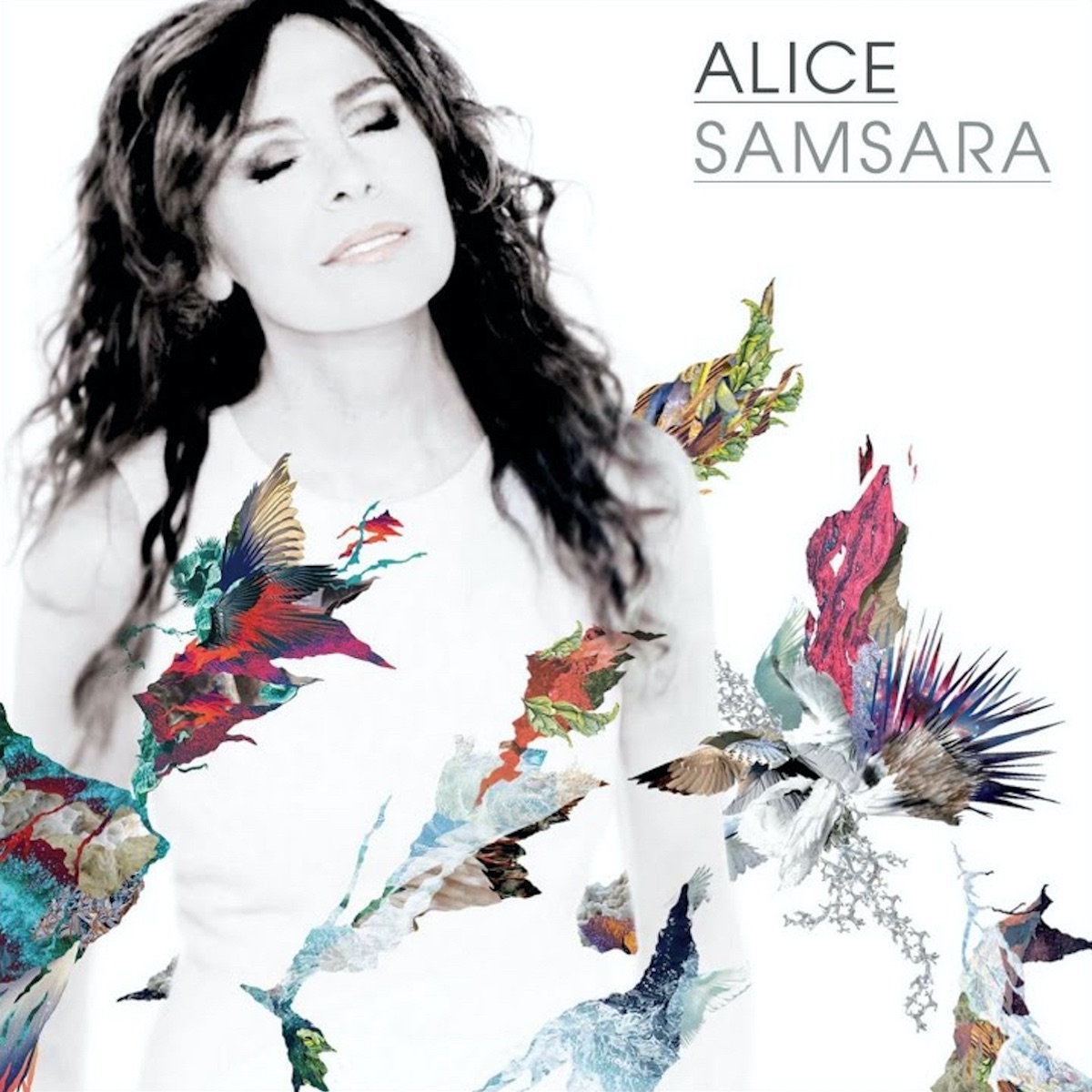
After a nine-year hiatus, Alice returns with an elegant but disappointing pop album. Despite the production of Steve Jansen (brother of David Sylvian, also a member of Japan) the album doesn't take off. The best tracks are A world apart, Dying of love written by Mino Di Martino (ex Giganti) and the reinterpretation of In the morning of the Caliphs. samsara also sees a new collaboration with Battiato for You were with me and a joint venture with Tiziano Ferro. It's not enough to not think of it as a wasted opportunity.

It reflects a moment of creative crisis on Alice's part, which not even the duet with Skye of Morcheeba in Open Your Eyes (signed with Francesco Messina, Juri Camisasca and Peter Hammill) manages to lift things up. Exit offers a vaguely faded electronic pop, staying in an intermediate zone: neither catchy enough for the general public, nor sufficiently refined. Songs like the title track and Tell me yes they offer no news, just like the lyrics.
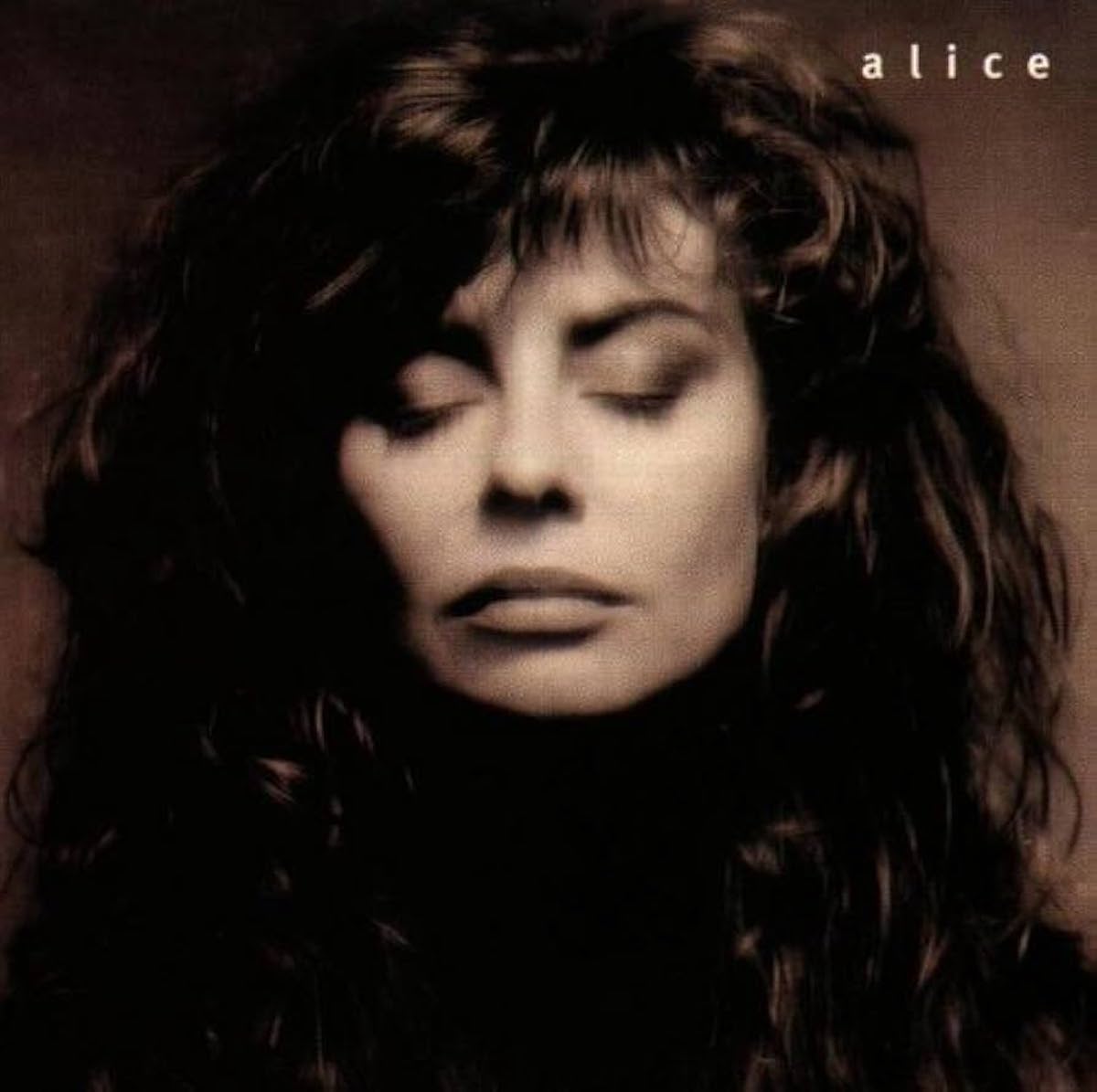
Defined as “a reflection on life, which is a puzzle, an enigma, a mystery”, Charade boasts the collaboration of Trey Gunn (King Crimson) and the California Guitar Trio of Frippian memory. The result is a bright and lively album, characterized by deep lyrics and essential melodies, with the addition of more decisive rhythms and almost dance pulsations, without giving up ethno-ambient and acoustic disagreements. However, despite some interesting songs, Charade It remains a transitional album.
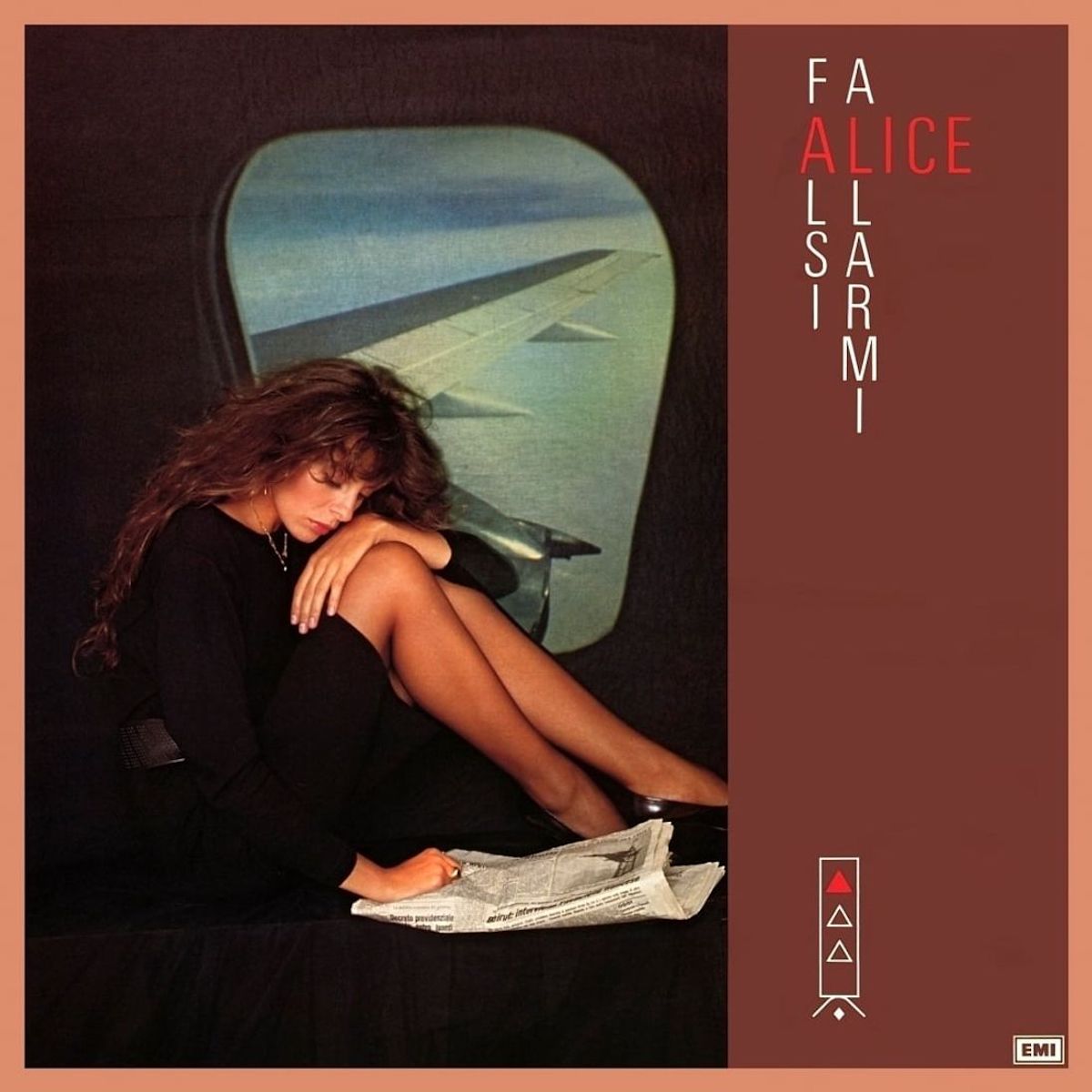
For the first time since she exploded, Alice decides to completely do without the collaboration with Battiato. The result is False alarmswhich explores new paths without a precise direction. The 60s melodies of Just an ideathe percussion mix for Night in Romethe piano and synth arrangements for The most beautiful song and the rarefied atmosphere of The scent of silence. Battiato instead returns to peep out as an (inevitable) influence in Hosanna. Certainly a mature album that does not hide some uncertainties.
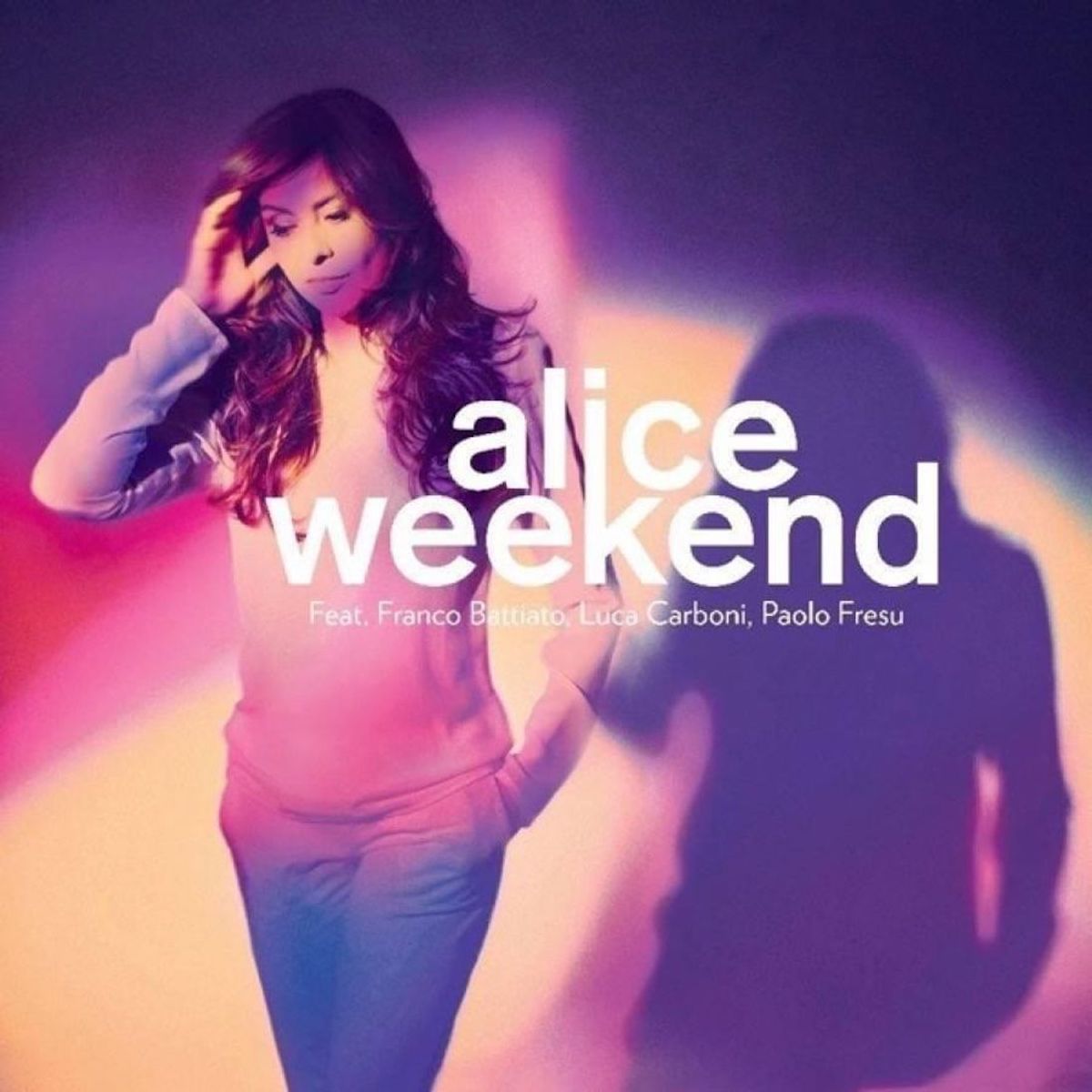
It is to date the latest album of unreleased material by the singer from Forlì. An album that relaunches the collaboration with Battiato in Poisons and in the duet of Reality does not existan intense tribute to the late Claudio Rocchi. Also noteworthy are the interventions by Luca Carboni in From afarelevated by Paolo Fresu's trumpet, the atmospheres dear to Blue Nile (of which Alice reinterprets Christmas) and new positive developments in writing. All in all, Weekend marks an elegant return and rekindles public interest in Alice.
Midday in the Alps
1992
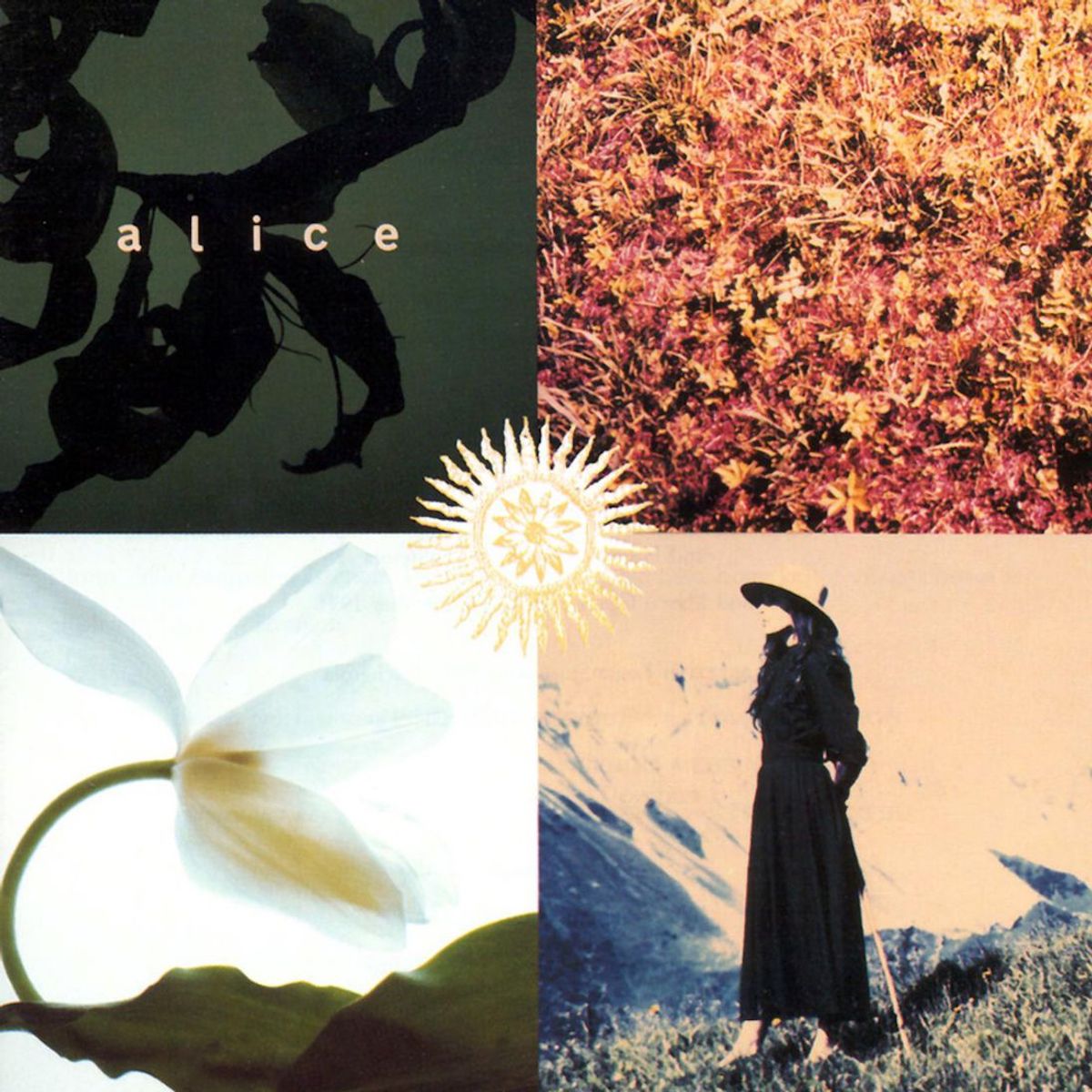
With Midday in the Alpsinspired by a passion for the mountains as a refuge from urban neuroses, Alice creates a sort of zen sound in which musical-literary influences come into play, ranging from Hesse to Handke, passing through Pasolini. With references to Tim Buckley and Roxy Music, the album ranges positively between ambient, blues and jazz, embellished by guest appearances by Paolo Fresu, Dave Gregory (XTC), Richard Barbieri (Japan, Porcupine Tree) and Jakko Jakszyk (King Crimson).

Preceded by the single Message, Azimuth starts the slow separation from Battiato. The album is remembered for the splendid piano of the title track and for a partial change of direction compared to the wave sound of Alice, with more catchy choruses and a recurring use of the sax. The collaborations with Eugenio Finardi stand out for The hand And Laura of the mirrorsWhile Self-centered song it's the first (unforgettable) duet with Franco.
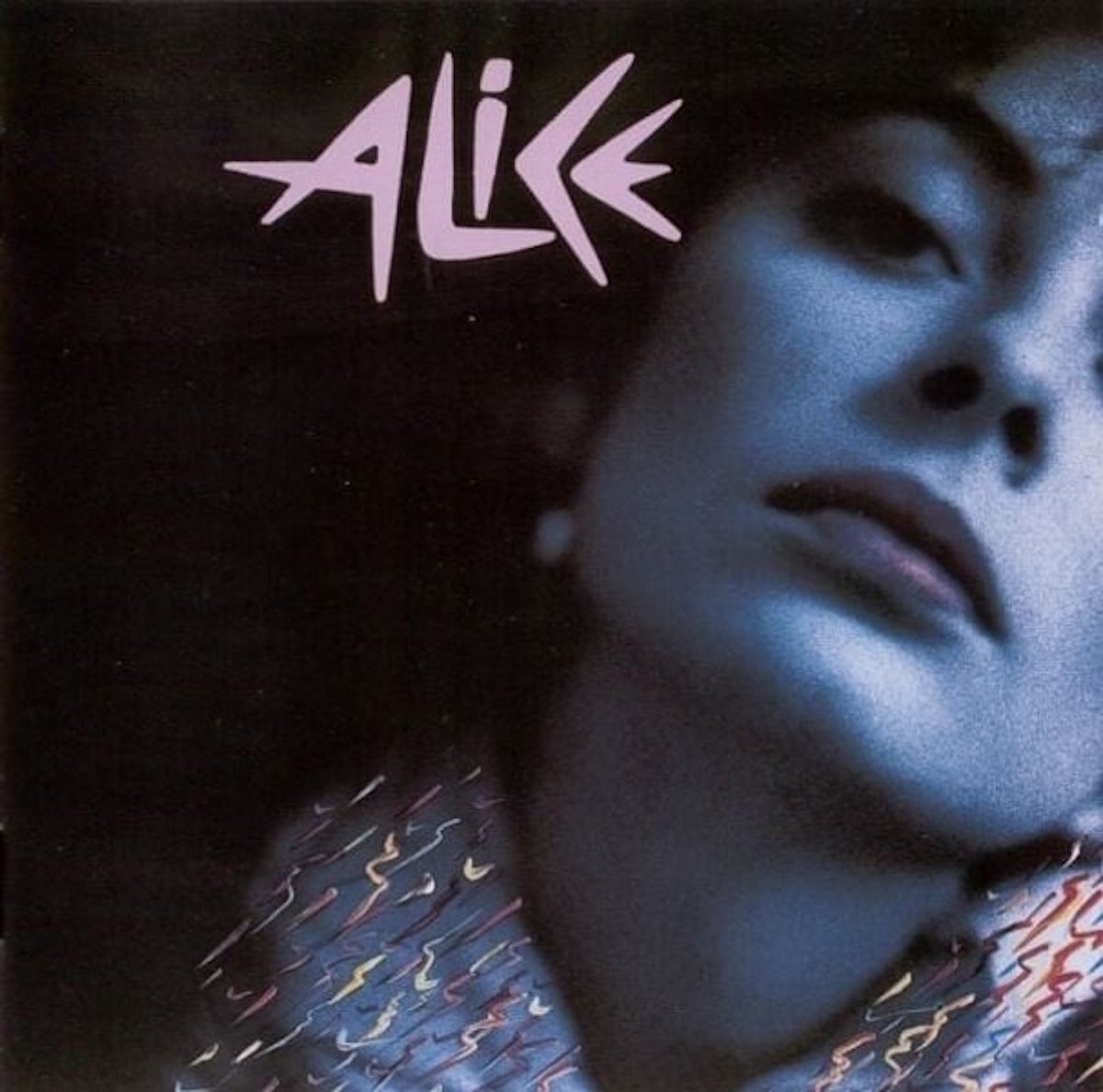
Following the success in Sanremo of For Elisathe album that bears the singer's name is a success that mixes new wave and pop experimentation. Battiato supervises and, together with Giusto Pio, supports Bissi in writing. The result is excellent in To you, Don't get confused friend And You don't have to be afraid. The masterpiece of the album is however A special nightwith an exotic text and a perfect melody, enriched by synthetic arrangements not dissimilar from those of the contemporary The master's voiceIn Germany the song remained in the charts for two years, facilitating Alice's first European tour.
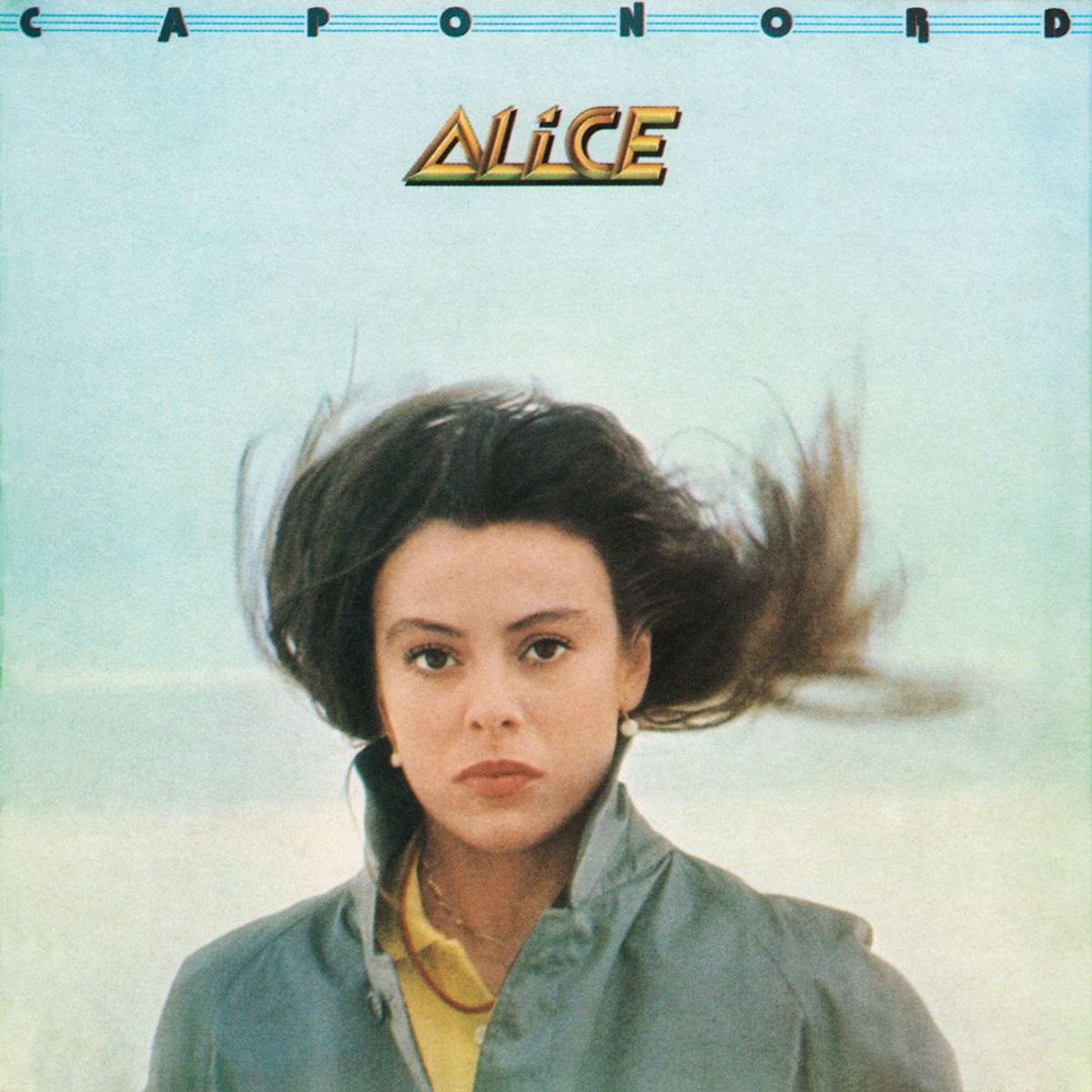
Driven by the success of The warm wind of summer, North Cape marks the true debut for Alice, anticipating the innovations that Battiato will bring to the pop of the 80s, from the use of wave-style electronics, to the ambitious lyrics and majestic choruses. Alice finally manages to find her style, showing an intimate sensitivity through scenarios of isolation and autumnal sadness, see One November Evening in which the piano enriches a soft and delicate melody. Bazaar And Evening Instead, they show refined research into the texts and a clever use of nonsense.
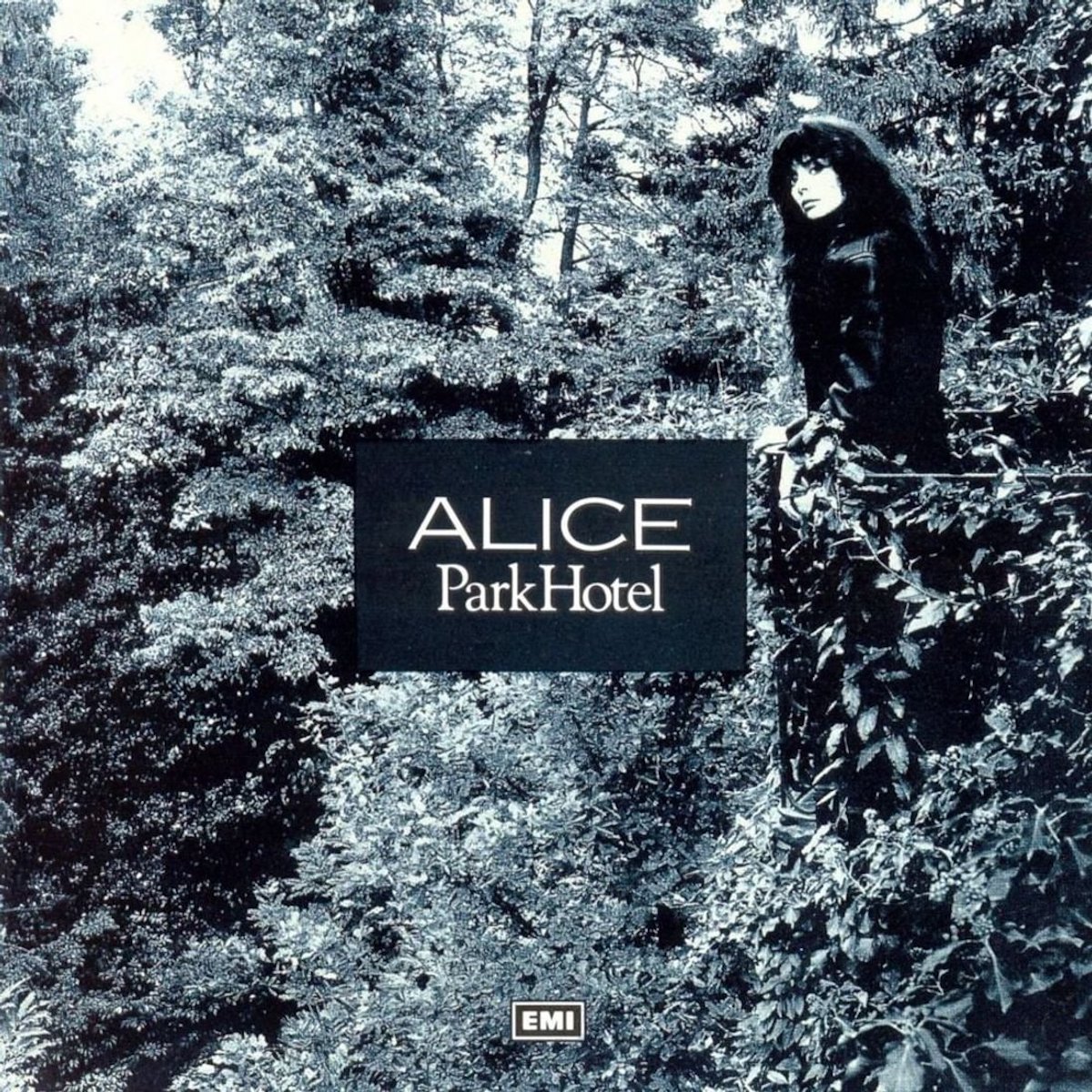
Now Alice is fully aware of her abilities as a 360-degree musician and collaborates with the likes of Tony Levin, Jerry Marotta and Phil Manzanera. Francesco Messina (art director, musician and companion of the singer) takes over the helm of production and together with Bissi gives life to Park Hotelwith an airy sound with ambient and world connotations, not dissimilar to that of artists such as Peter Gabriel and Kate Bush (for whom Alice writes Distant lightsa duet never performed with the English performer). Park Hotel It also shines for the presence of the Nomads by Juri Camisasca (later reinterpreted by Battiato), for the elegant synth swirls of Night flight and for the refined ones The meaning of desires And Avenues of Solitude.
The sun in the rain
1989
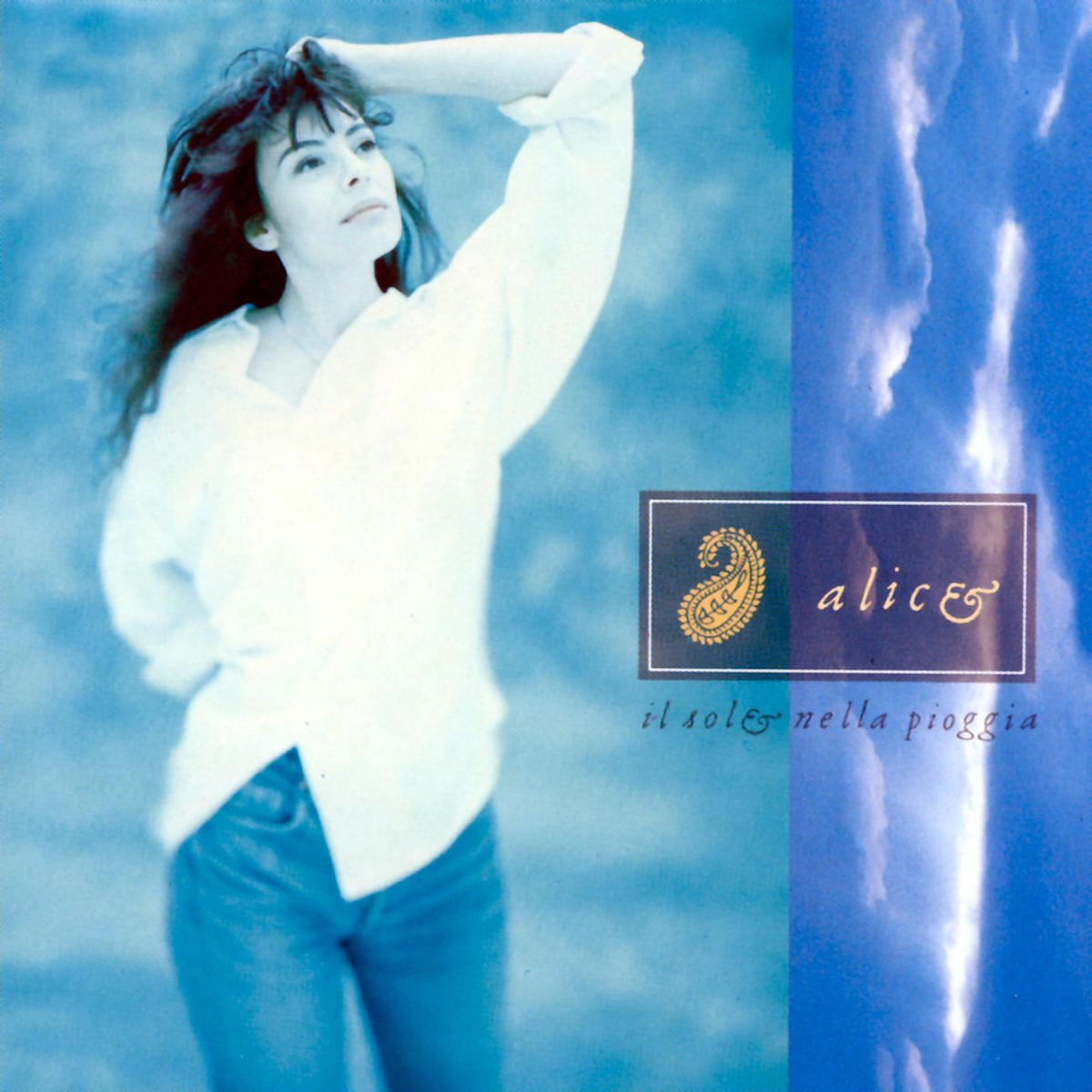
In 1989 Alice puts together the pieces of the accumulated experiences and gives life to a masterpiece in which Italian and foreign musicians dialogue harmoniously settling on a world-sound that mixes different nuances: there is a melancholic mood not far from that of David Sylvian, echoes of the fourth world Eno (complicit in the shamanic trumpet of Jon Hassell), nuances of the noblest prog (the duet with Peter Hammill of Van Der Graaf Generator), scraps of dreamlike folk, electronics, the reappropriation of the atmospheres “made in Battiato” through the trusty Juri Camisasca, the resumption of songs by Finardi and much more. All this for The sun in the rainnever was a title more appropriate to describe the sounds and visions of an album that has the very scent of the air after a pouring downpour. Which explains in a few words what it means to find a light to go beyond one's worries. These ten songs are caresses, balms for the soul, small ravines in which to take refuge when the storm rages to find once again an embrace, a place that belongs to us, a shelter from ourselves.

